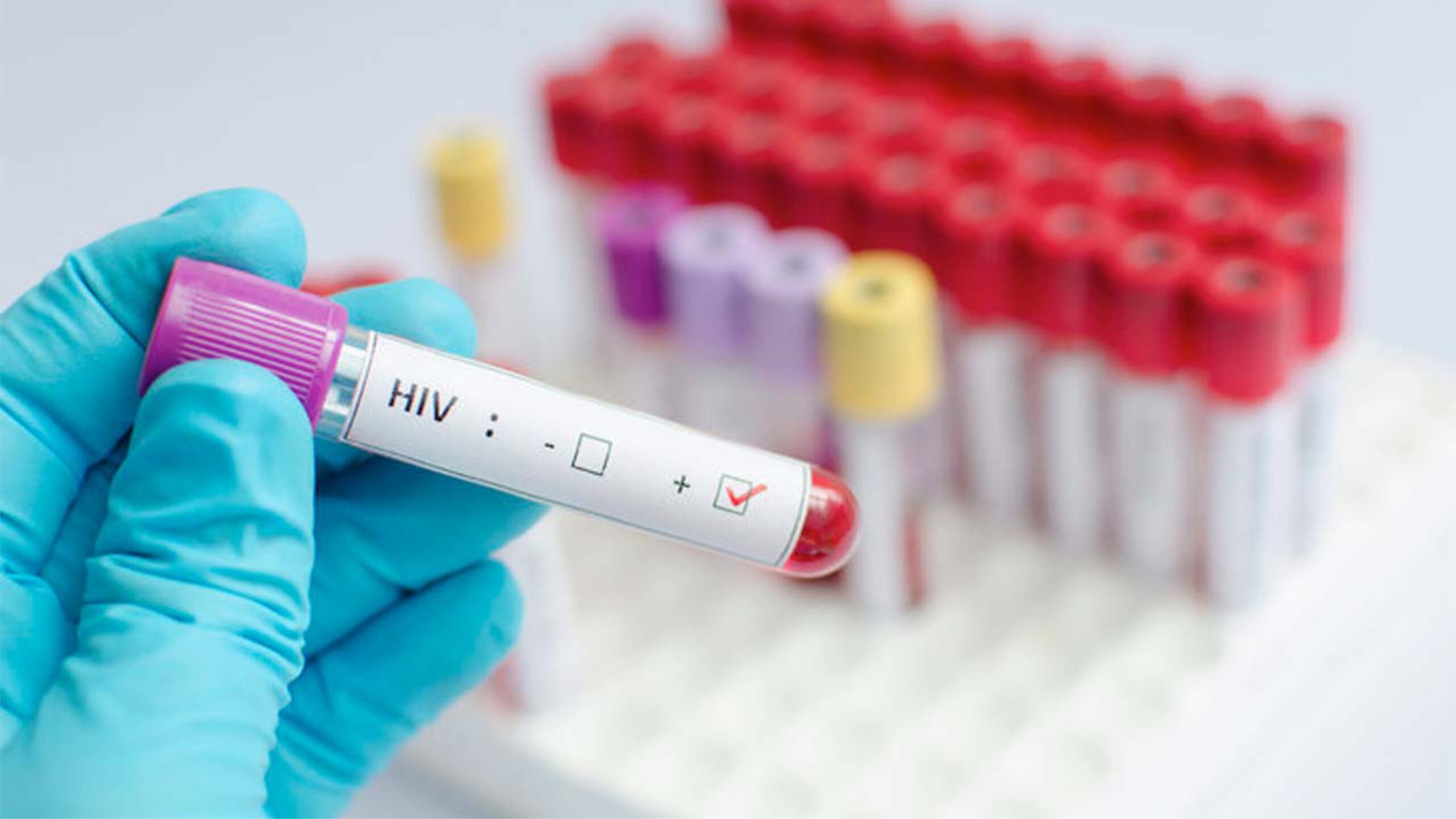

ABOUT HIV TEST KITS
HIV tests are the most commonly used means of controlling and managing the spread of HIV.
The HIV test most commonly used is the rapid HIV TEST kit.
The best way to test for HIV is a rapid test in order to combat and control the HIV epidemic.
These HIV tests look for the antibody that the immune system produces.
The only way to know for sure whether you have HIV is to get tested.
WHO recommends that everyone between the ages of 13 and 64 get tested for HIV at least once as part of your health care.
Knowing your status gives you control as well as for your partner.
Use an HIV test today and get to know.
CliniHealth HIV tests gives you confidence.
Results in 15- 20 minutes in the convenience of your home or workplace.
High Sensitivity Advanced Quality Iso Certified CE Approved One Step High Specificity Contains Swab Lancet And Plaster Results In Minutes Trusted In 64 Countries Meril Life Kits are WHO Approved
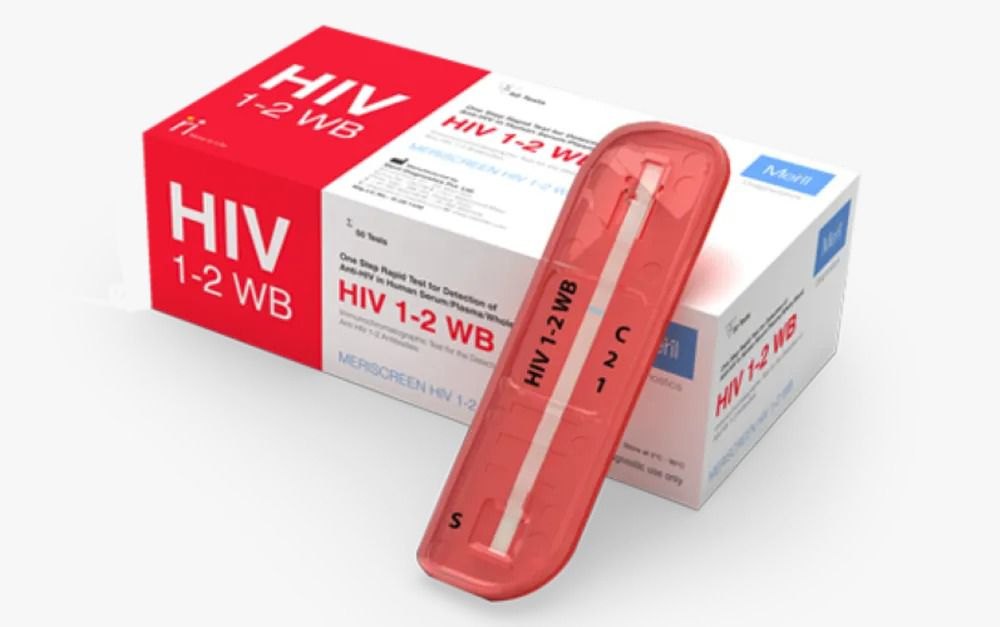
Available in Single and Bulk packs
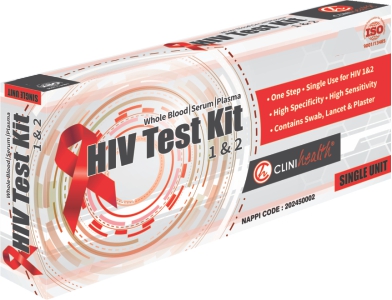
DOWNLOAD CERTIFICATES
DELIVERIES
No HIV test can detect HIV immediately after infection. If you think you’ve been exposed to HIV in the last 72 hours, talk to your health care provider about post-exposure prophylaxis (PEP), right away. The time between when a person may have been exposed to HIV and when a test can tell for sure whether they have HIV is called the window period. The window period varies from person to person and depends on the type of test used to detect HIV. An antigen/antibody test performed by a laboratory on blood from a vein can usually detect HIV infection 18 to 45 days after an exposure. Antigen/ antibody tests done with blood from a finger prick can take longer to detect HIV (18 to 90 days after an exposure). When the goal is to tell for sure that a person does not have HIV, an antigen/antibody test performed by a laboratory on blood from a vein is preferred. Antibody tests can usually take 23 to 90 days to reliably detect HIV infection. Most rapid tests and home tests are antibody tests. In general, antibody tests that use blood from a vein can detect HIV sooner after infection than tests done with blood from a finger prick or with oral fluid. Ask your health care provider about the window period for the test you’re taking. If you’re using a home test, you can get that information from the materials included in the test’s package. If you get an HIV test after a potential HIV exposure and the result is negative, get tested again after the window period for the test you’re taking to be sure. If your health care provider uses an antigen/antibody test performed by a laboratory on blood from a vein you should get tested again 45 days after your most recent exposure. For other tests, you should test again at least 90 days after your most recent exposure to tell for sure if you have HIV.
The Rapid HIV test is useful for routine testing and/or if you don’t want to wait several days for the results. The Rapid HIV test detects HIV antibodies in the blood. Most PEOPLE will develop enough HIV antibodies to be detected three to four weeks after infection. The Rapid HIV test gives you a result in a few minutes, eliminating the stress of waiting a week for results. The Rapid test uses a blood specimen taken by poking your finger with a lance and then drawing some of this blood into a fine plastic tube. The Rapid test is just as accurate as a Standard HIV test. If you test negative AND ARE STILL UNSURE – SEE your local healthcare professional If you are positive, then you will need a further blood test using a specimen that needs to be sent to a laboratory
Although there are many kits on the market – choosing a high quality rapid kit is utmost importance- Choose a kit that has has the backing of major certifications and manufacturers internationally CliniHealth HIV tests are complete kits that come with a swab lancet plaster and tube Results are in minutes.
If followed correctly – highly reliable Follow all the instructions on the simple package insert HIV tests that have been approved by national authorities are very reliable. On rare occasions they will produce a positive result which is then found to be negative – known as a false positive test result. If you receive a positive result from your home test you should go to an HIV clinic as soon as possible for a confirmation test.
How soon after exposure-. This usually requires 3 to 4 weeks before taking an antibody-based test- 4th generation HIV tests (antigen/antibody) will detect 95% of infections four weeks after exposure.
Rapid, in-home HIV tests have been promoted as a means to ensure privacy and autonomy for those who might otherwise avoid getting tested. They are easy to use, requiring only a simple saliva swab, and can return a result in as little as 20 minutes. It also helps if you want to test a prospective partner- However remember to never rely solely on a rapid test. If you suspect something speak to your local practioner.
Home-test kits are simple to use and should include straightforward and easy-to-follow instructions. The whole procedure takes around 15 minutes to complete.
Thanks to the use of next-generation technologies, the accuracy of HIV testing has never been greater. Still, false positives and false negatives have been known to occur, albeit infrequently. Today, the false negative rate in the U.S. is only around 0.003 percent (or roughly three out of every 100,000 tests). False positive rates are even lower — between 0.0004 percent and 0.0007 percent — due in large part to the practice of confirming a positive result with a secondary test. If a false negative result does occur, it is often the result of premature testing during the so-called window period. This is the period of time following infection when the body has not yet produced enough protective proteins (called antibodies) to register an accurate result. If this happens, a person may believe that they haven’t been infected. While newer, combination HIV tests have been able to significantly reduce this window period, a person will still need to wait at least three to four weeks after being exposed to the virus to get a reliable result.
MALARIA TESTS
High Sensitivity Advanced Quality Iso Certified CE Approved One Step High Specificity Contains Swab Lancet And Plaster Results In Minutes Trusted In 64 Countries Meril Life Kits are WHO Approved
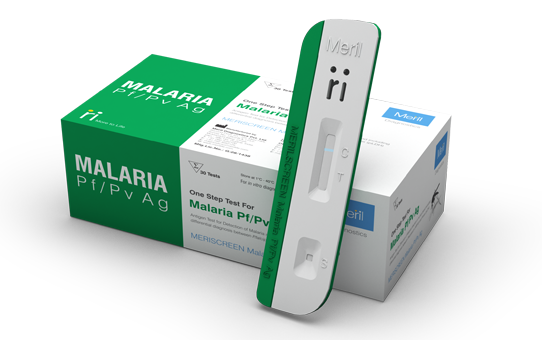
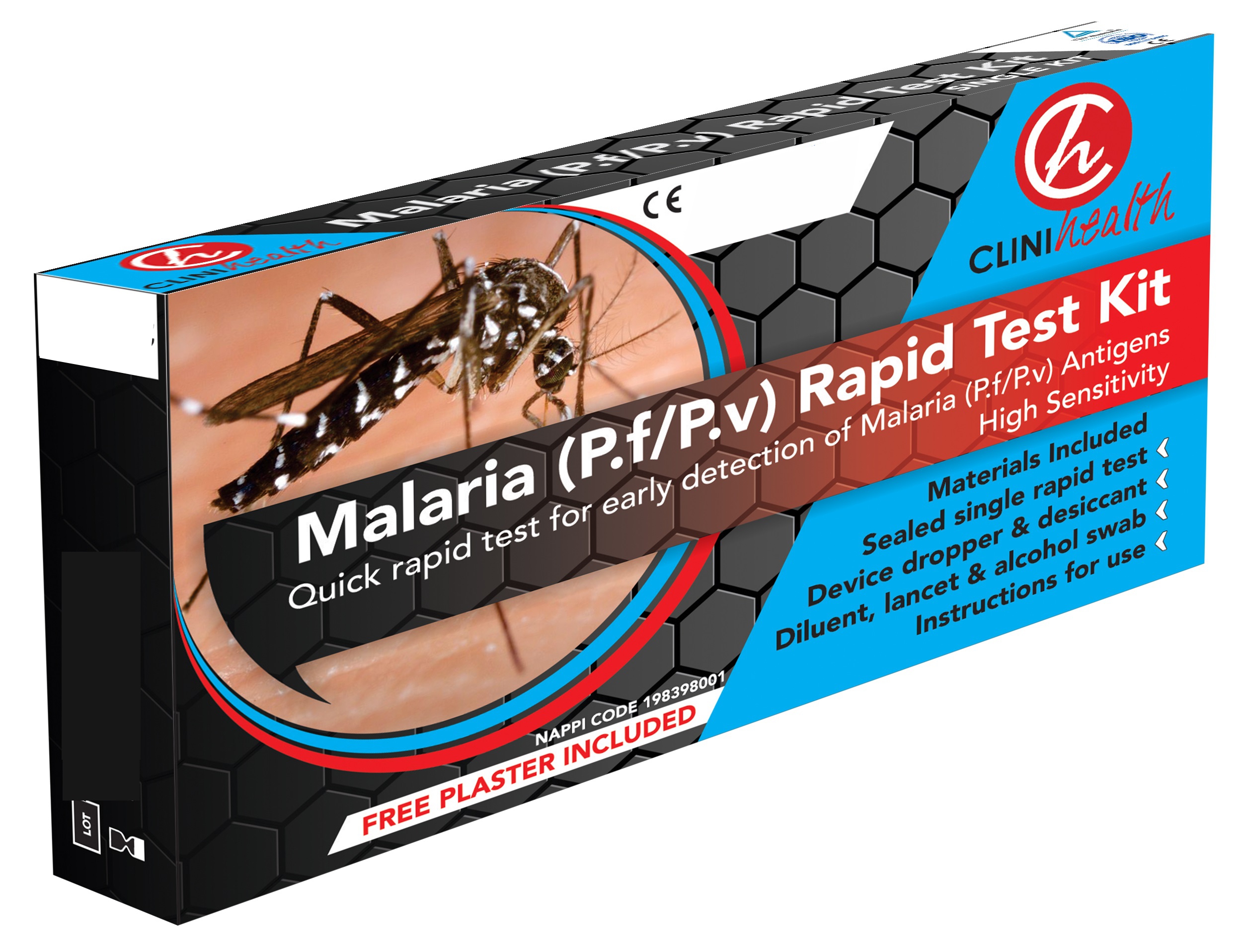

 Adult Diapers
Adult Diapers
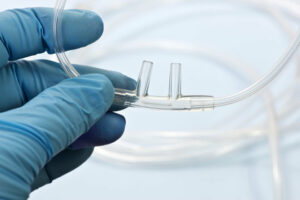 Air Management
Air Management
 Alcohol Tests
Alcohol Tests
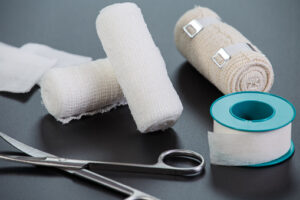 Bandages
Bandages
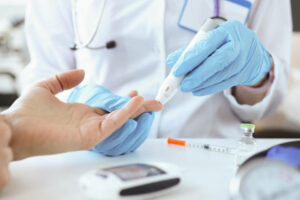 Cholesterol Tests
Cholesterol Tests
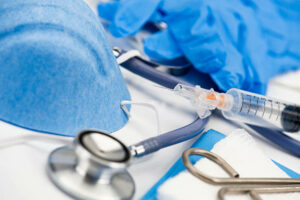 Consumables
Consumables
 Cotton Products
Cotton Products
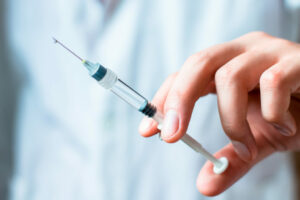 Drug Tests
Drug Tests
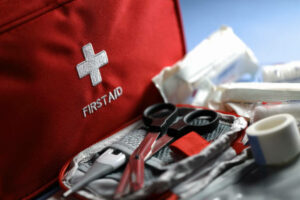 First Aid Kits
First Aid Kits
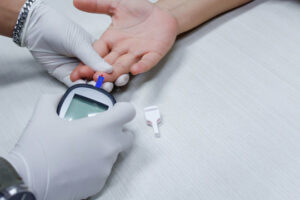 Glucose Tests
Glucose Tests
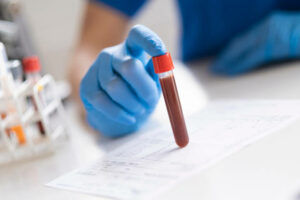 Hemoglobin Tests
Hemoglobin Tests
 HIV Tests
HIV Tests
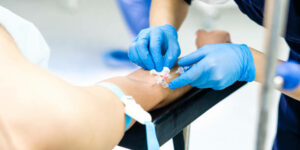 Intravenous
Intravenous
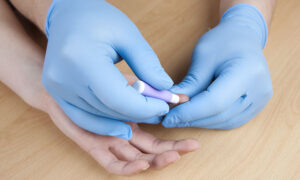 Lancets
Lancets
 Linen Savers
Linen Savers
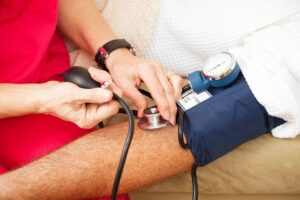 Measuring & Monitoring Machines
Measuring & Monitoring Machines
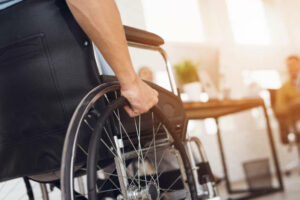 Mobility
Mobility
 Orthopeadics
Orthopeadics
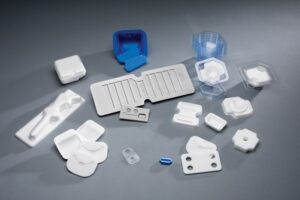 Packaging & Storage
Packaging & Storage
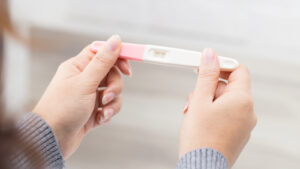 Pregnancy
Pregnancy
 Safety Wear
Safety Wear
 Supplements
Supplements
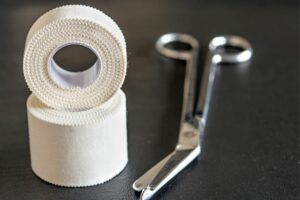 Tapes
Tapes
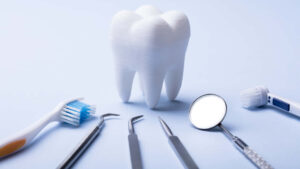 Dental Care
Dental Care
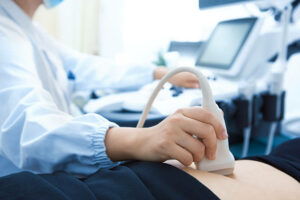 Ultrasound
Ultrasound
 Urinalysis
Urinalysis
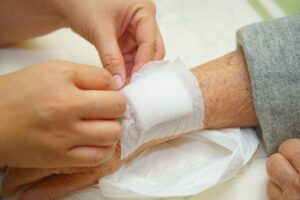 Wound Dressing
Wound Dressing